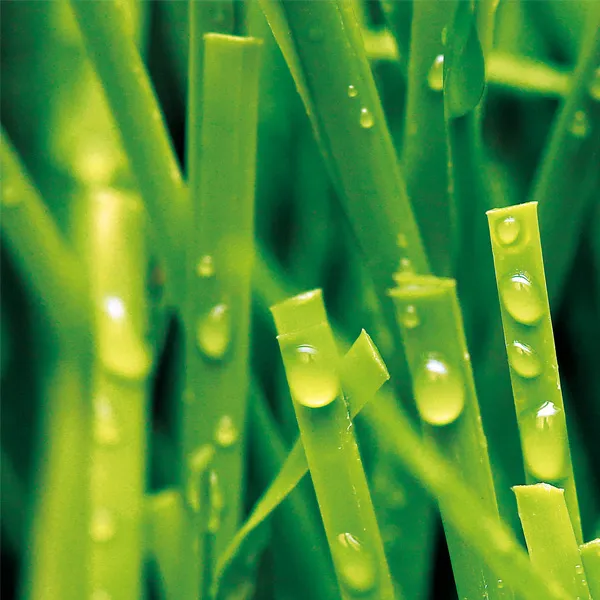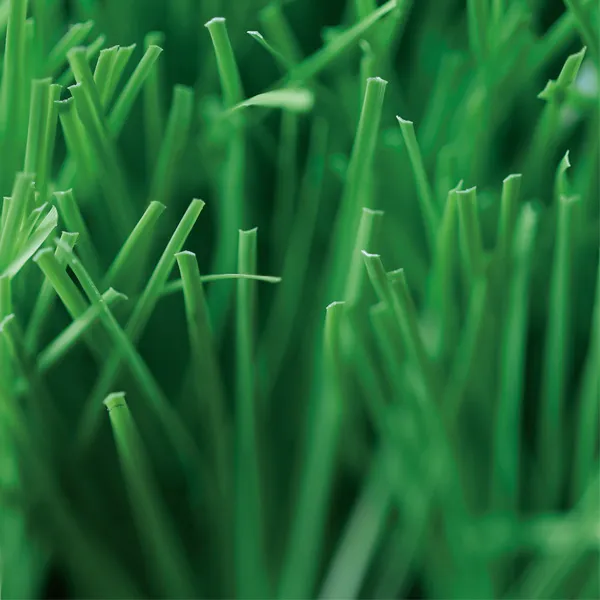Elevate Your Outdoor Space with Artificial Lawn Landscaping

Artificial lawn landscaping is transforming outdoor environments by offering a practical, aesthetically pleasing alternative to natural grass. Whether you’re turfing a backyard or enhancing a public area, this innovative solution provides a host of advantages. From residential lawns to commercial spaces, the versatility and convenience of artificial lawns make them an ideal choice for various applications. Let's explore how artificial lawn landscaping can elevate your outdoor space and why it stands as a superior alternative to natural grass.
Turfing a Backyard: The Smart Landscaping Solution
When it comes to turfing a backyard, homeowners increasingly turn to artificial lawn solutions for their unbeatable combination of beauty, durability, and low maintenance. Unlike natural grass, which requires regular watering, mowing, and pest control, artificial turf offers a lush, green landscape all year round with minimal upkeep. It's particularly useful in regions prone to drought, where maintaining a natural lawn can be costly and environmentally taxing.
Artificial turf is durable enough to withstand high foot traffic, making it perfect for backyards used for play, gatherings, or relaxation. Whether your yard is a space for family activities or an outdoor retreat, artificial turf ensures that it remains attractive without the maintenance headaches.
Applications of Artificial Lawn Landscaping in Various Scenarios
The applications of artificial lawn landscaping extend far beyond just backyards. It’s widely used in public parks, rooftop gardens, commercial properties, and even sports fields. In urban areas, where natural grass may struggle to grow due to pollution or insufficient sunlight, artificial turf provides an evergreen solution. This makes it an excellent choice for rooftops and patios, where a touch of greenery adds charm and a sense of nature without demanding extensive care.
For homeowners, artificial turf for front yards is an increasingly popular option. It enhances curb appeal while saving water and cutting down on maintenance time. Businesses also benefit from artificial lawns, as they provide a professional, polished appearance to commercial spaces, hotel gardens, and corporate courtyards.
Advantages of Artificial Lawn Landscaping vs Natural Lawn
One of the most significant benefits of artificial lawn landscaping is its durability. Natural grass can wear down, become patchy, and require constant watering to maintain its appearance, especially in high-traffic areas. In contrast, artificial grass remains lush and vibrant without the need for constant attention, even in the busiest environments.
Another key advantage is water conservation. Artificial turf for front yards and backyards requires no watering, unlike natural lawns, which can consume thousands of gallons of water annually. This makes artificial turf an eco-friendly choice, particularly in drought-prone areas where water is a precious resource. The reduced need for fertilizers, pesticides, and herbicides also means fewer chemicals being introduced into the environment.
Moreover, artificial lawns are highly customizable. Homeowners and landscapers can choose from different grass heights, textures, and shades to suit their specific preferences and needs. Whether you want a soft, plush surface for relaxation or a firm turf for sports and activities, artificial lawn landscaping can be tailored to meet any requirement.
Why Artificial Lawn Landscaping Outperforms Natural Grass in Every Aspect
When comparing artificial lawns to natural grass, the differences are clear. Natural lawns demand significant time, effort, and money to stay green and healthy. They require irrigation, fertilizer, mowing, and regular care to avoid common issues like pests, weeds, and browning patches. Artificial lawn landscaping eliminates all of these challenges, providing a low-maintenance, long-lasting solution that stays pristine year-round.
In addition, artificial turf is more resilient in areas with poor soil quality or extreme temperatures, where natural grass struggles to survive. By opting for artificial turf, you ensure that your lawn looks immaculate in all seasons without the challenges associated with maintaining natural grass.
Sustainable Artificial Lawn Landscaping
For those concerned about the environment, artificial lawn landscaping offers sustainable advantages. As previously mentioned, it conserves water, eliminates the need for harmful pesticides, and reduces the carbon emissions associated with lawn maintenance tools like gas-powered mowers. Many modern artificial turfs are also made from recycled materials, further minimizing their environmental impact.
Whether turfing a backyard or upgrading a commercial space, artificial turf provides a practical, eco-friendly option that enhances aesthetics while minimizing environmental strain.
In conclusion, artificial lawn landscaping is a game-changer in the world of outdoor design. Its durability, versatility, and environmental benefits make it the superior choice for modern landscaping needs. From artificial turf for front yards to large-scale urban projects, artificial lawns offer endless possibilities for creating beautiful, low-maintenance outdoor spaces that last.
With years of expertise in artificial grass, we're dedicated to providing eco-friendly, durable, and aesthetically pleasing solutions.
Our commitment to quality and customer satisfaction shapes every blade of grass we produce,
ensuring that we not only meet, but exceed,your landscaping expectations.




